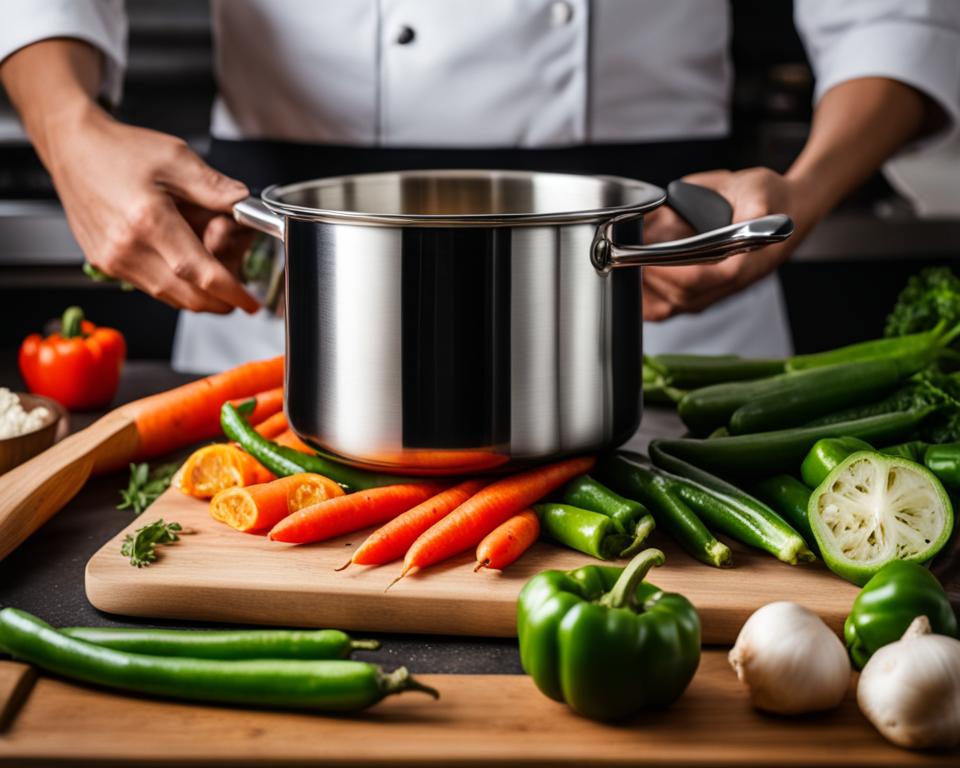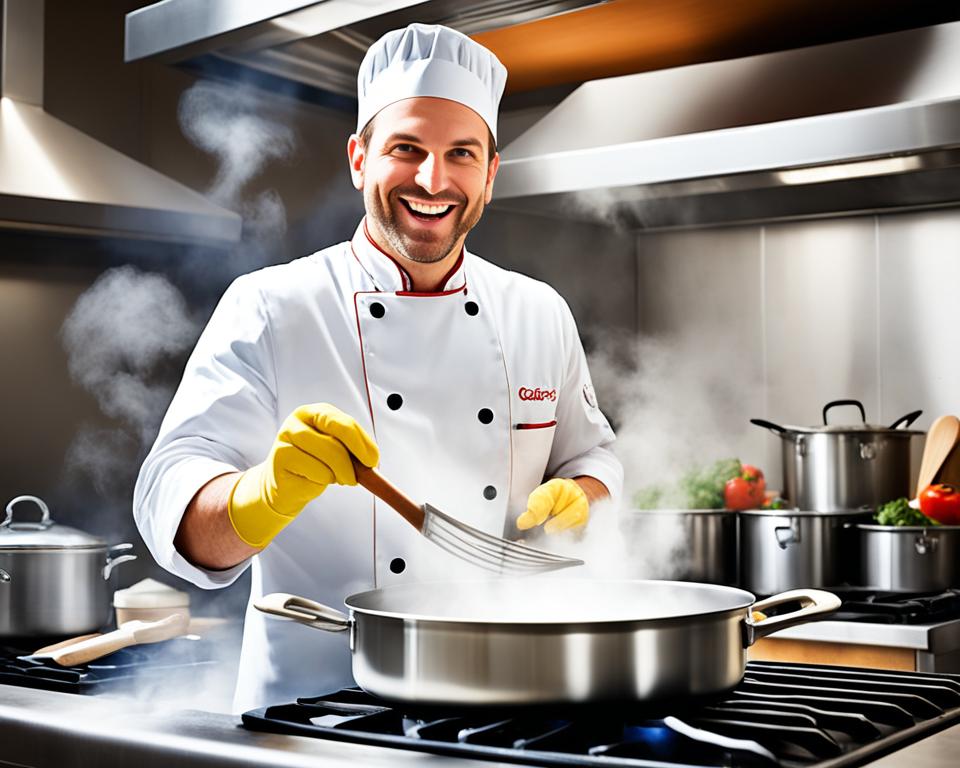Introduction
Aluminum cookware is a type of cookware that is made from aluminum. It is lightweight, durable, and conducts heat evenly. However, there is some concern about the safety of aluminum cookware, as it has been linked to a number of health problems.
In this article, we will discuss the benefits and risks of using aluminum cookware, and we will also answer the question of whether or not aluminum cookware is banned in Europe.
Benefits of using aluminum cookware
Aluminum cookware is lightweight and durable, making it a popular choice for both professional chefs and home cooks. It is also relatively inexpensive, making it a good option for those on a budget.
Aluminum is a good conductor of heat, which means that it heats up quickly and evenly. This can help to reduce cooking time and energy consumption.
Aluminum cookware is also non-stick, making it easy to clean.
However, there are also some potential risks associated with using aluminum cookware.
Risks of using aluminum cookware
There are a number of risks associated with using aluminum cookware, including:
- Aluminum can leach into food, especially acidic foods such as tomatoes, citrus fruits, and vinegar.
- Aluminum can react with food to form compounds that have been linked to health problems such as Alzheimer’s disease and bone loss.
- Aluminum cookware can be scratched or damaged, which can release aluminum into food.
It is important to note that the risks of using aluminum cookware are generally considered to be low. However, if you are concerned about the potential health risks of aluminum cookware, you may want to choose an alternative material, such as stainless steel or cast iron.
IV. Why is aluminum cookware banned in Europe?
Aluminum cookware is banned in Europe because of concerns about the potential health risks associated with using aluminum cookware. Studies have shown that aluminum can leach into food from aluminum cookware, and this can lead to a number of health problems, including Alzheimer’s disease, anemia, and kidney damage.
In addition, aluminum cookware can cause food to taste metallic. For these reasons, aluminum cookware is banned in Europe.
V. What are the alternatives to aluminum cookware?
There are a number of alternatives to aluminum cookware available on the market. These include:
- Stainless steel cookware
- Cast iron cookware
- Copper cookware
- Ceramic cookware
- Glass cookware
Each type of cookware has its own advantages and disadvantages. Stainless steel cookware is durable and corrosion-resistant, but it can be difficult to heat evenly. Cast iron cookware is also durable, but it requires seasoning and can be heavy. Copper cookware is highly conductive, but it is also expensive and requires special care. Ceramic cookware is non-stick and easy to clean, but it can be fragile. Glass cookware is non-reactive and easy to clean, but it can be thermal shock-prone.
When choosing an alternative to aluminum cookware, it is important to consider your needs and budget. Stainless steel cookware is a good option for those who want durable and corrosion-resistant cookware. Cast iron cookware is a good option for those who want a heavy-duty cookware that can withstand high heat. Copper cookware is a good option for those who want highly conductive cookware. Ceramic cookware is a good option for those who want non-stick and easy-to-clean cookware. Glass cookware is a good option for those who want non-reactive and easy-to-clean cookware.
VI. How to safely use aluminum cookware
Here are some tips for safely using aluminum cookware:
- Do not use aluminum cookware to cook acidic foods, such as tomatoes, citrus fruits, or vinegar. These foods can react with the aluminum and release harmful chemicals into the food.
- Do not use aluminum cookware to cook foods at high temperatures. This can cause the aluminum to leach into the food.
- Do not use aluminum cookware that is scratched or damaged. This can allow aluminum to leach into the food.
- Wash aluminum cookware with warm, soapy water and dry it thoroughly after each use.
- Do not store acidic foods in aluminum cookware.
By following these tips, you can help to reduce your exposure to aluminum and protect your health.
VII. Conclusion
Aluminum cookware is a popular choice for many cooks, but there are some risks associated with its use. While aluminum is not considered to be a toxic metal, it can leach into food when it is cooked in acidic or alkaline foods. This can lead to health problems such as Alzheimer’s disease and anemia. Additionally, aluminum cookware can scratch easily, which can make it difficult to clean. If you are concerned about the risks of using aluminum cookware, there are a number of alternative materials that you can choose from, such as stainless steel, cast iron, and ceramic.
VIII. Resources
Here are some resources that you may find helpful:
- FDA – Aluminum in Food Contact Materials
- Healthline – Aluminum in Food and Health
- WebMD – Is Aluminum in Your Food Bad for You?
Call to action
If you are concerned about the safety of aluminum cookware, you can choose to use an alternative material, such as stainless steel or cast iron. You can also avoid using aluminum cookware for acidic foods, such as tomatoes, lemons, and vinegar.


